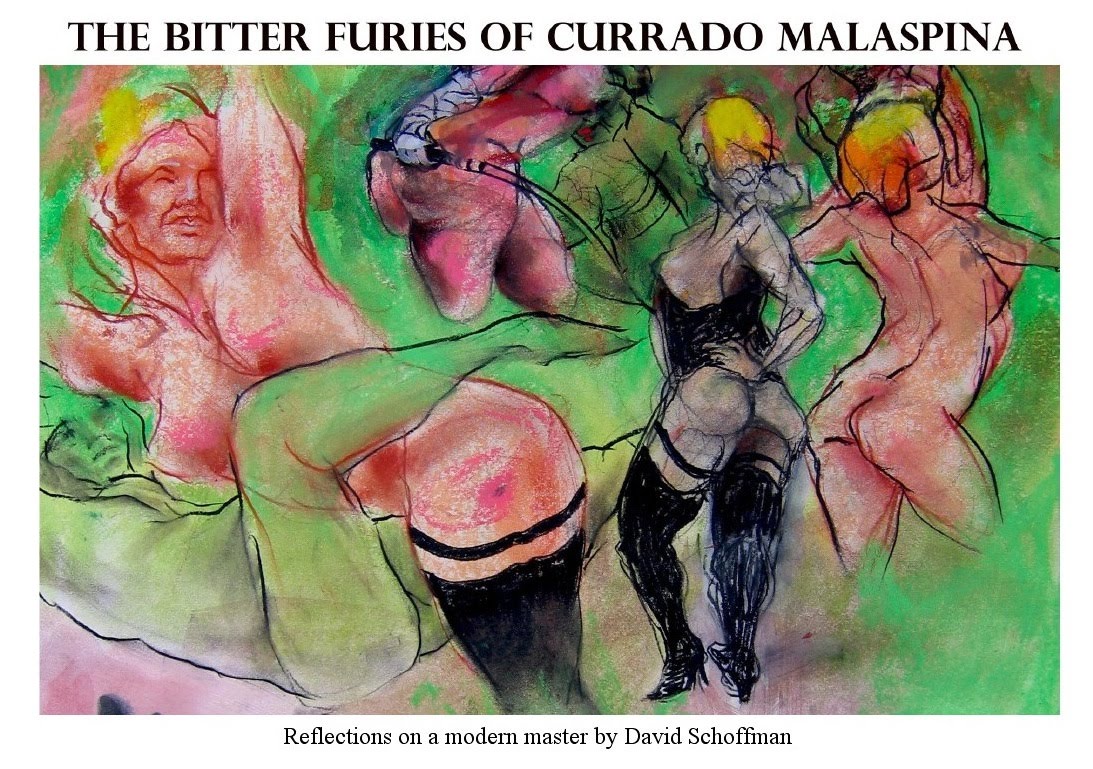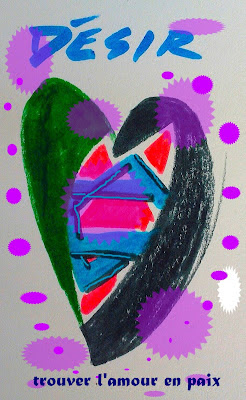Currado Malaspina woke up on the morning of his 50th birthday with the terrifying realization that he had yet to win the Nobel Peace Prize. This was no idle daydream nor a further weakening of an already tenuous grasp on rationality. He had already won just about every significant prize the Republic of France bestows upon its artists, including the Grand'croix du Mérite, the Chevalier d'Ordre des Arts et des Lettres and the coveted Prix Laval for artistic collaboration. It only seemed just that he also win a Nobel and since there is no category specific to the visual arts he presumed that the Peace Prize was the only realistic option.
His scheme was as simple as it was absurd and the odd thing is, he almost pulled it off.
Malaspina never really took an active interest in politics - he is far too narcissistic - and despite the French fashion for detached anti-Zionism he never presumed to take sides in the Mideast. It is precisely for this reason that he hatched a plan to settle the conflict between the Arabs and the Jews once and for all.
He called it Désir - the first Palestinain/Israeli dating service!
With one office in Jericho and another in Ramat Aviv Malaspina's staff of twelve tireless love brokers tried to package and promote the idea of reconciliatory miscegenation. Never losing sight of his real goal, Currado hired the wily publicists of Heugot SMT to spread his quixotic gospel of peace through love.
He was prominently featured on Quattordici, the popular French television news magazine that's a cross between TMZ and Sixty Minutes. He was interviewed in The Economist, The Times Literary Supplement and the International Herald Tribune. There were stories about Désir on Al Jazeera, CNN, CBC and the BBC. He was profiled in The Forward, Le Nouvel Observateur, The New York Times Magazine and the Huffington Post. For months, the Israeli press became obsessed with him eclipsing stories about both Iran and Eurovision.
His client list included Palestinian soccer star Ibrahim Koolatim-Utim, the West Bank writer and socialite Sooha Chazava and Niri Gas-Ruah, the star of Israel's top reality program Metachat Ha-Talit. But alas, fatwas and death threats proved far too incompatible with concupiscence. Wife swaps proved even harder than land swaps and religious taboos didn't mix well with aphrodisia. Currado's plan was short-lived.
 |
| Niri Gas-Ruah on her way to a "love-connection" |
For now the Peace Prize is still on hold.



No comments:
Post a Comment